Senior Iris Zakarian explains how Coffin-Lowry syndrome affects her daily life
“I want to be strong, mighty and the best girl ever,” senior Iris Zakarian said, surrounded by her friends in the senior hall during Timber Time. Lunch is Iris’s favorite time of day, as she can socialize and eat with her peers. Communication and friendship are some of the most important things to Iris, along with her sisters, who help her thrive despite having Coffin-Lowry syndrome.
Iris was diagnosed with Coffin-Lowry syndrome when she was a baby. The syndrome affects approximately 1 in 50,000 people and is more common in males, according to Orpha.com. Although she said she has grown accustomed to her differences, they still play a major role in her daily life.
“It has been [a big part in my life],” Iris said. “Like from the day I was born, through middle school and high school, it has been with me.”
Iris has two younger twin sisters, juniors Daphne and Melody Zakarian. They said they grew up with a different perspective through having Iris as a sister. Melody said she admires Iris’s love for people and further explained how she’s seen Coffin-Lowry syndrome affect Iris.
“It affects people in different ways and is pretty rare, but with her, her brain developed differently,” Melody said. “She sometimes
Melody said coming to high school wasn’t easy for Iris, but slowly she began to grow more confident.
“I think it was a pretty big transition and so was middle school,” Daphne said. “I haven’t been in too many of her classes so I didn’t know what she was like until we came to high school. But I think once she got here she’s really thrived and all of her teachers and [fellow] students are really saying how big of a foot print she’s leaving on Southwest.”
However, learning and carrying out daily tasks isn’t always easy. Iris said she struggles with the idea of not being able to participate in fundamental milestones.
“It’s hard for me to cope with everything,” Iris said. “Not being able to do things I used to. Some things I can’t do without my mom’s help. Some things I wish I could do, like driving for example. I can’t drive.”
Although Iris said she’s never been bullied, she said she knows some people don’t understand her syndrome.
“I just say, ‘Hey I have a disability, just please try to help me,’” Iris said. “It’s hard for people to know I have a disability. I think people should know me for who I am. I’m going to show them that I’m a good person.”
Despite these struggles, Iris’s sisters see her using her multitude of talents to excel in the future workforce. Involved in choir and her church, Iris has found a love for music and helping others.
“She’s definitely a people person,” Daphne said. “We don’t know where exactly she’ll go, but we know it will probably go toward people. She also loves music so I think there’s potential there, and just really helping people is something she finds so much joy in.”
Iris said she wants to pursue a path using her social skills to help people around her feel better. She said she hopes to go into the medical field.
“After graduation, I want to get a doctoral degree for people who have injuries,” Iris said. I just want to be there to help them,” Iris said.
In everyday life, Iris’s sisters said they have many roles to ensure Iris is treated fairly. They said they want everyone to behave the same way around Iris, as they would anyone else.
“Sometimes it’s a little difficult to figure out what our job is in public because she’s our friend, she’s our sister, but there’s also some responsibility,” Melody said. “We want people to give her the respect she deserves. Sometimes that can be difficult with some people not understanding.”
Overall, the Zakarian sisters have grown close as a result of Coffin-Lowry syndrome. Each one striving to not let Iris’s differences define her. Instead of focusing on the negative they look to the positive.
“I think I’ve learned a lot about patience and just to just see the funny side of things in every moment,” Daphne said. “Even to pay attention to the small things and how lucky we are to have such a unique perspective.
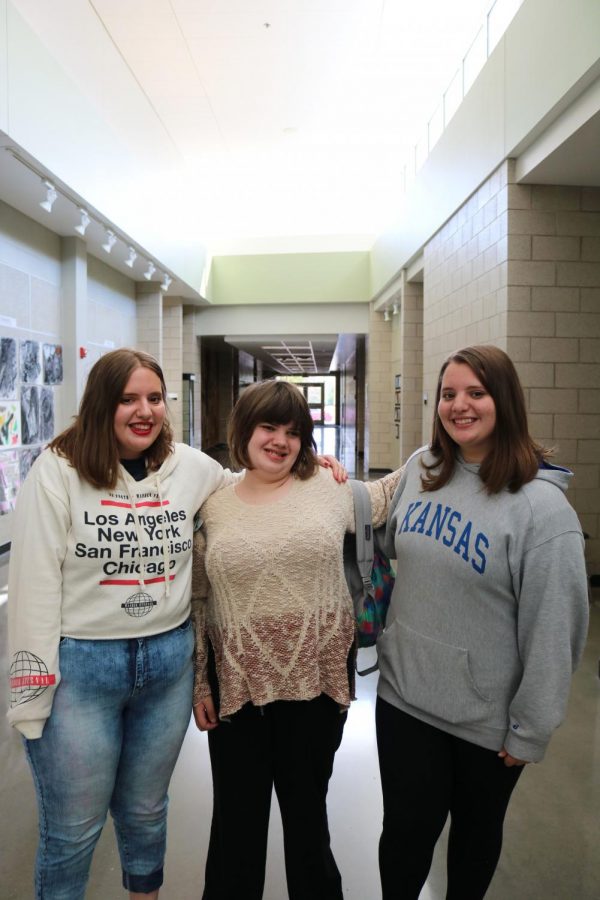
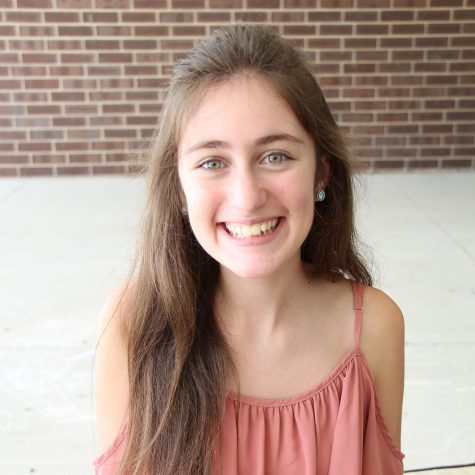
This is Jenna Hope’s first year on The Standard. She is currently improving on her skills as a designer and photographer. Outside of newspaper, Jenna...


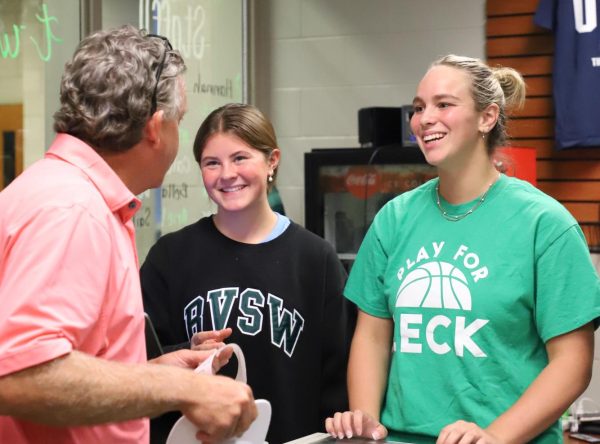


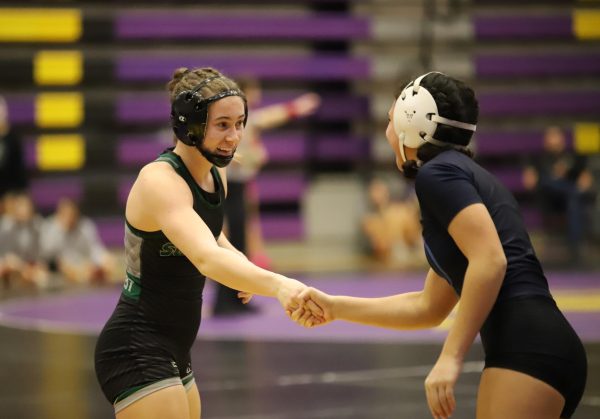
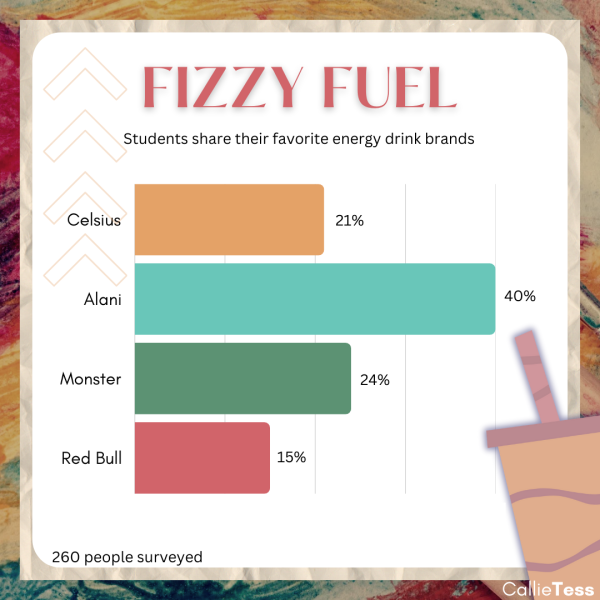


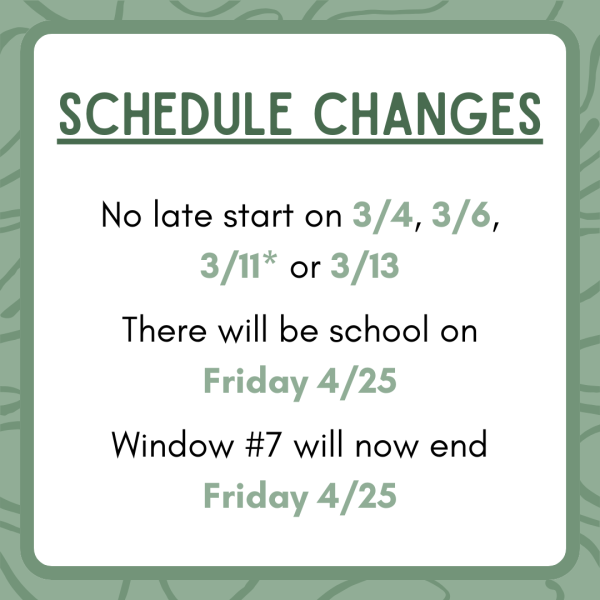
Katherine • Sep 28, 2021 at 3:54 pm
Hi, my daughter has this syndrome she’s 4 now we’ve fought some battles. Recently she’s been having seizures coming out from covid 8/16/21. And for some reason she’s having these seizures could it be possibly the syndrome side affects. Really want to know so I can prepare myself please thanks